If you’re looking for a way to learn more about Mexican history, look no further than these ten books. Spanning everything from the Aztecs to the Mexican Revolution, these books offer a comprehensive view of Mexico’s past. So if you want to know more about this fascinating country, check out these ten best Mexican history books!
Villa and Zapata: A History of the Mexican Revolution Paperback by Frank McLynn
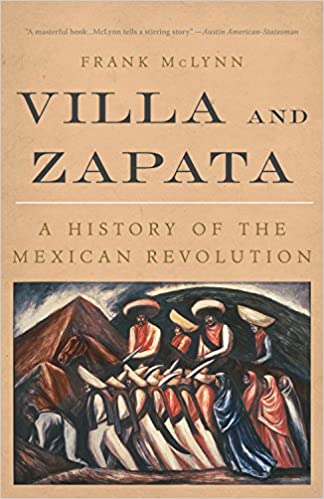
Frank McLynn’s Villa and Zapata: A History of the Mexican Revolution is a sweeping account of one of the most pivotal periods in Mexican history.
Drawing on a wealth of primary sources, McLynn brings to life the personalities, events, and ideas that shaped the course of the revolution. He chronicles the brutal regime of Porfirio Diaz, the social unrest that led to the outbreak of violence in 1910, and the years of bloody conflict that followed.
He also assesses the legacy of the revolution, arguing that it ultimately ushered in a new era of democracy and opportunity for the Mexican people. Villa and Zapata is an essential read for anyone seeking to understand this complex and incredibly important period in Mexican history.
An Illustrated Dictionary of the Gods and Symbols of Ancient Mexico and the Maya by Mary Ellen Miller and Karl Taube
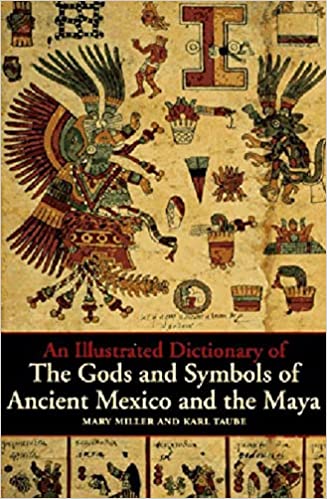
Miller and Taube’s book is an essential reference for anyone interested in Mesoamerican culture and religion. It provides clear and concise definitions of over 400 deities and symbols, along with illustrations, and would be an excellent addition to any Mesoamerican studies library.
The book covers both the major gods of the Aztec, Maya and other peoples of Mesoamerica, as well as many lesser-known deities.
It also includes religious practices, cosmology, mythology, and iconography. This is an essential guide for anyone wanting to learn more about the fascinating beliefs of the ancient peoples of Mesoamerica.
A Narco History: How the United States and Mexico Jointly Created the “Mexican Drug War” by Carmen Boullosa and Mike Wallace
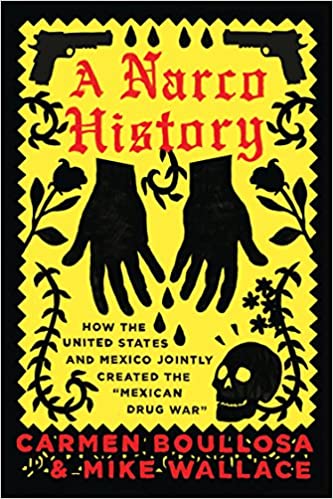
A Narco History: How the United States and Mexico Jointly Created the “Mexican Drug War” by Carmen Boullosa and Mike Wallace is a work of nonfiction that chronicles the origins of the modern Mexican drug trade.
The book paints a picture of how the demand for illegal drugs in the United States has fueled a violent drug war in Mexico, and how both countries have contributed to the problem.
The authors trace the history of drug trafficking in Mexico, from its early days as a small-scale operation to its present state as a multibillion-dollar industry.
They also detail the U.S. government’s role in shaping Mexican drug policy and highlight the ways in which American demand for illegal drugs has contributed to the violence in Mexico. A Narco History is a meticulously researched and eye-opening look at the origins of the modern Mexican drug trade and one of the best books on Mexican history to cover it.
The Dead March: A History of the Mexican-American War by Peter Guardino
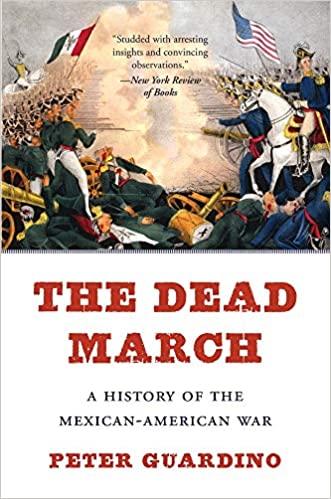
Peter Guardino’s The Dead March: A History of the Mexican-American War is a comprehensive and well-researched account of one of the most important events in American history.
Guardino does an excellent job of situating the war within the broader context of westward expansion and Manifest Destiny. He provides a detailed account of the military campaigns and battles. He also gives voice to the experiences of both soldiers and civilians, making for a rich and nuanced portrait of the conflict.
The Dead March is an essential read for anyone looking to gain a deeper understanding of the Mexican-American War and its far-reaching consequences.
The Last Emperor of Mexico: The Dramatic Story of the Habsburg Archduke Who Created a Kingdom in the New World by Edward Shawcross
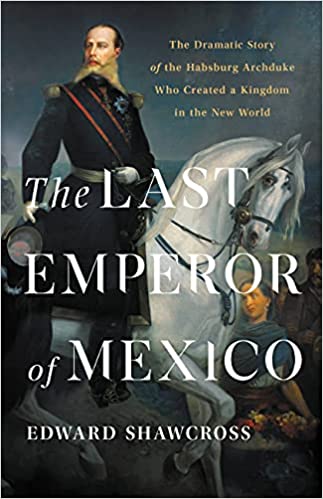
Edward Shawcross’s The Last Emperor of Mexico tells the story of Maximilian I, the Habsburg archduke who was installed as emperor of Mexico by Napoleon III in the 1860s.
Though he ruled for only a few years, Maximilian left a lasting impression on Mexican history and culture. Shawcross paints a complex portrait of the emperor, detailing his efforts to modernize Mexico while also respecting its traditions.
The book is based on extensive research and features a wealth of primary sources, making it an essential read for anyone interested in this fascinating period of Mexican history.
The Last Emperor of Mexico is sure to leave readers with a new understanding of one of the most controversial figures in Mexican history.
The Women of La Raza: An Epic History of Chicana / Mexican-American Peoples by Enriqueta L. Vasquez
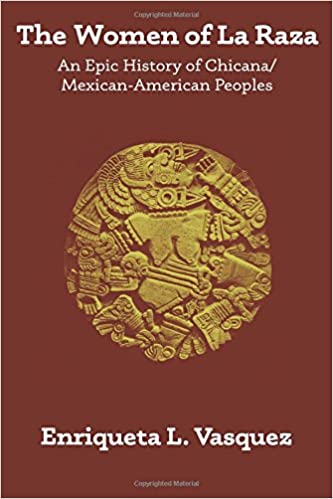
Enriqueta L. Vasquez’s The Women of La Raza: An Epic History of Chicana / Mexican-American Peoples is a sweeping history of the Chicana/Mexican-American experience, told through the lives of ten extraordinary women.
Vasquez vividly chronicles the struggles and achievements of these women, who fought for equality and justice in the face of immense adversity.
From the early days of the Chicano rights movement to the present day, these women have been at the forefront of every major battle for progress.
In telling their stories, Vasquez paints a powerful portrait of a community that has triumphed against all odds. The Women of La Raza is an essential history of one of America’s most important communities.
Mexicanos, Third Edition: A History of Mexicans in the United States by Manuel G. Gonzales
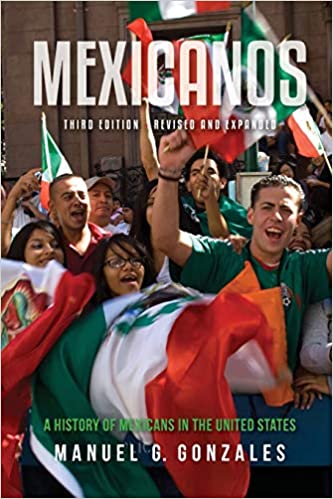
Mexicans and Mexican Americans have played a significant role in the history of the United States, both through their labor and culture. Mexicanos: A History of Mexicans in the United States by Manuel G. Gonzales tells this story from the perspective of Mexicans and Mexican Americans.
This updated edition includes new chapters on such topics as undocumented immigrants, the rise of Latino politicians, and the changes in Mexico’s economy and society since the 1990s.
It also features many primary sources, including letters, speeches, diary entries, and autobiographies. As a result, Mexicanos provide readers with a rich and nuanced understanding of the Mexican experience in America.
Zapata and the Mexican Revolution by John Womack
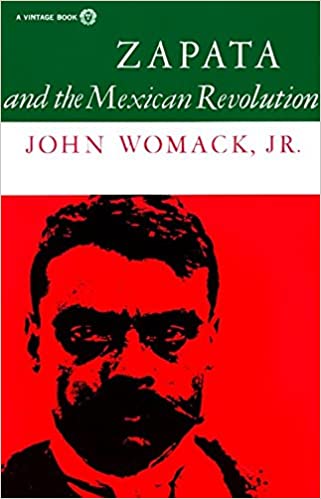
John Womack’s Zapata and the Mexican Revolution is a masterful work of historical scholarship.
It tells the story of one of the most important events in Mexican history and does so in a way that is both accessible and engaging. Womack’s focus on Emiliano Zapata, the leader of the peasant uprising in Morelos, provides readers with a new perspective on the Revolution.
He brings to life Zapata’s adherence to traditional values, his fierce commitment to justice, and his ultimately tragic death. In doing so, Womack offers a complex and nuanced portrait of a man who has become an icon of Mexican resistance.
This is a book that should be required reading for anyone interested in Mexican history or the Latin American experience more generally.
Warlords of Ancient Mexico: How the Mayans and Aztecs Ruled for More Than a Thousand Years by Peter G. Tsouras
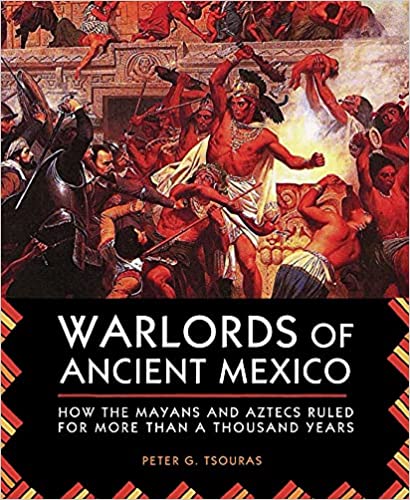
Peter G. Tsouras’s Warlords of Ancient Mexico is a detailed and engaging account of the rise and fall of the Mayan and Aztec empires. Tsouras begins by tracing the early history of these civilizations, from their humble beginnings as small city-states to their emergence as powerful empires.
He then goes on to describe the military tactics and strategies employed by the warlords of Ancient Mexico, as well as the political maneuverings that allowed them to maintain control over their respective domains.
The book culminates with a discussion of the eventual decline of both empires, and the reasons for their ultimate downfall.
201st Squadron: The Aztec Eagles: The History of the Mexican Pilots Who Fought in World War II by Gustavo Vázquez Lozano
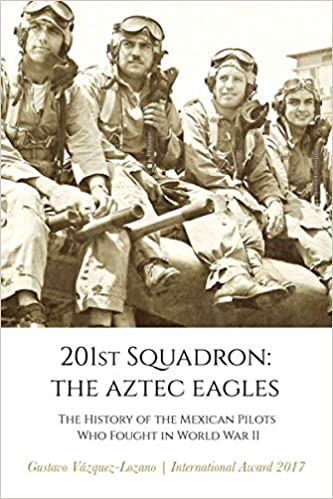
The history of the Mexican pilots who fought in World War II is a fascinating story. In his book, “201st Squadron: The Aztec Eagles: The History of the Mexican Pilots Who Fought in World War II”, Gustavo Vázquez Lozano tells the story of these brave men who fought for both their country and their allies.
Mexico entered the war in 1942, and the Mexican pilots were trained in Texas and Arizona. They were then sent to fight in Europe, where they saw action in both the Mediterranean and Pacific Theaters. The pilots proved to be skilled and courageous soldiers, and they played a significant role in the Allied victory.
After the war, many of the pilots returned to Mexico, where they continued to serve their country with distinction. The story of the Mexican pilots who fought in World War II is an inspiring example of bravery and dedication.
Mexican history is a rich and fascinating topic that has been explored in many different ways. These ten books are some of the best that have been written about Mexico, and they provide an excellent overview of the country’s past. So whether you’re interested in learning more about Mexican history or just looking for a good read, these books are sure to please.

